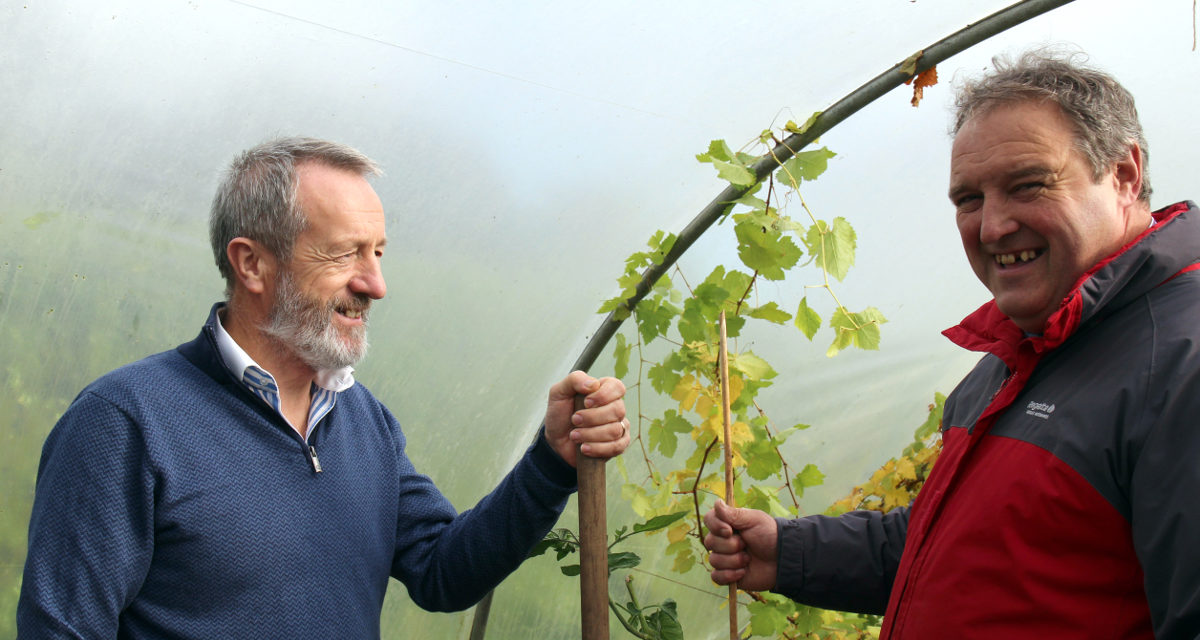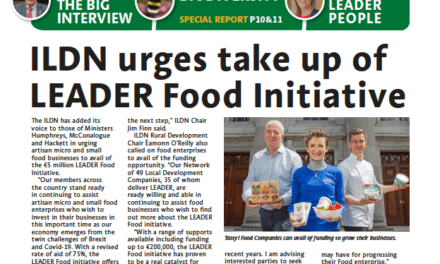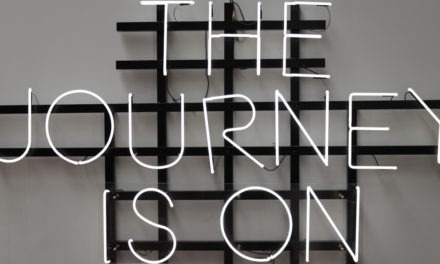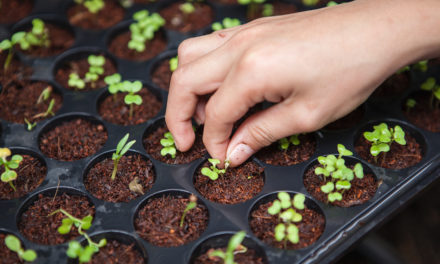Farming is a vocation as well as a way to make a living. Imagine sharing farming life with people who need to catch a break, but who may also not know a thing about farming… That’s social farming and it’s changing lives.
In October, Changing Ireland attended an open day – organised by Kerry Social Farming (KSF) – on Rena Blake and Lisa Fingleton’s farm outside Ballybunion, Co Kerry.
At the event, KSF staff member Julie Brosnan told us how social farming can help to strengthen rural communities. It has clear benefits for participants and also reduces rural isolation.
So far, KSF has 31 participants and 19 farms involved.
While that might not seem many, given the population of Kerry, Ms Brosnan argued that it is very good value for money, that KSF is “very low-cost” and that they “stretch” their funds.
She more than proved her point.
Someone going to a social farm in Kerry could end up rearing sheep, suckler calves, or dairy or beef cattle, or find themselves in a community garden or organic garden – whatever suits best.
“We’re not tied to old ideas of farming,” said Ms Brosnan. “We have a dairy farmer with 70 cows, and a traditional sheep farmer from the Black Valley, but we also have a community garden in Abbeydorney, Maura Sheehy’s Cottage Flowers near Tralee, and an orchard farm.
“Some farms take only one participant. It can take a farmer a little time to get used to it. Gradually the numbers build up. Recently, a number of new farms have joined, including Rena and Lisa’s farm here,” she said.
‘Like the Men’s Sheds, it’s going to grow and grow because it brings out the best in everybody.’
– Seán Kelly, MEP
To widen its reach, KSF collaborates with the Local Links service and with Rural Social Scheme projects.
“In all aspects of our work, we’re supported by the two local development companies. They collaborate with Kerry County Council, the HSE and others,” said Ms Brosnan.
Over 150 people attended the open day, and Ballybunion Men’s Shed ran a Park and Ride operation to ensure there were no hold-ups. They did so with the same positive attitude and commitment (it lashed rain) that recently earned them a European Citizen Prize.
Mags O’Donohue, a social farming participant, told how the initiative had brought her on a grand tour of the country. “We love farming, we love being out, and, through social farming, I’ve been to the Ploughing Championships, to Donegal for the Pride of Place awards, to a conference and to the Dáil,” she said.
A social farmer called Eamon spoke warmly about his experience. It had taken a while for the penny to drop, and for him to see what a big deal social farming was for the participants. There are benefits for the farmers and their families too.
Farmer favours no-pay model
There are different models of social farming. In the scheme operating in Kerry, farmers are not paid. Under the other popular model, which takes an all-island approach, the farmers do receive payments. Each approach has its own advantages.
George Kelly has seen social farming develop in Kerry from the beginning. He currently takes five participants to his farm and believes that the voluntary social farmer model works best.
“I’m a host farmer since 2013 and we feel we have the perfect model. We choose the voluntary model and we think it is the best model to follow,” he said.

Social (and organic) farmer Rena Blake shares her knowledge with visitors during the open day. Photo: Changing Ireland.
The original seed funding for the Kerry programme came through the predecessor programme to SICAP in 2013. Later, through CEDRA, two community workers were employed, although the host farmers are not paid for participating.
“We’ve overcome great hurdles in the past and I’m sure we will in the future,” said Mr Kelly. “We have the experience now to help roll it out to other local development companies.”
He currently hosts visits by three people from Kerry Parents and Friends and two people coming through the St John of God organisation.
He is in awe of the participants:
“I admire them for their commitment, ability and honesty. Working with them, I have the firm belief that we can achieve a lot more.
“I believe there’s no better way to help yourself than to take a step forward in helping others,” he added.
Men’s Shed-style growth
MEP Seán Kelly may have a point when he predicts that social farming is going to – no pun intended – “grow”.
“Like the Men’s Sheds, it’s going to grow and grow because it brings out the best in everybody,” he said. “You couldn’t have a better sense of Christianity, spirituality, generosity, humanity than you have here.”
“This is something that is very special,” he continued, cautioning prospective social farmers to bear in mind that it may “not be wise to put a time restriction” on it, as a bond often develops between the farmer (and their family) and the participant(s).
He flew in from Strasbourg at 3.30am, but rose a few hours later to go and see Rena’s farm. His friend and cousin, George Kelly, is one of the social farmers involved.
He had “special praise” for the two local development companies in Kerry for co-ordinating the social farming project over the past five years.




